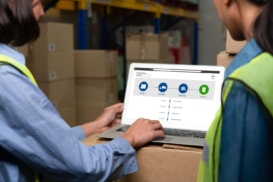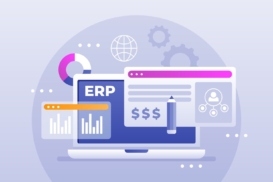Greetings! I'm Aneesh Sreedharan, CEO of 2Hats Logic Solutions. At 2Hats Logic Solutions, we are dedicated to providing technical expertise and resolving your concerns in the world of technology. Our blog page serves as a resource where we share insights and experiences, offering valuable perspectives on your queries.
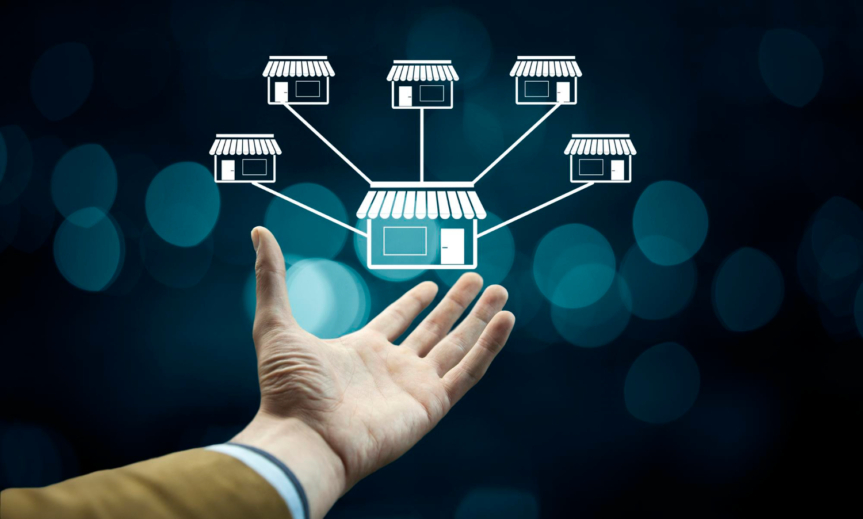
A robust Shopware store infrastructure is the backbone of a smooth e-commerce shopping experience. Performance issues aren’t just technical setbacks; they impact customer satisfaction and business growth.
This guide outlines the essential components of a high-performing Shopware store, ensuring reliability, scalability, and security. Investing in the right infrastructure means a smoother experience for your customers and long-term success for your business.
Looking for an expert to help with making a decision? Get in touch today!
High-Performance Hosting
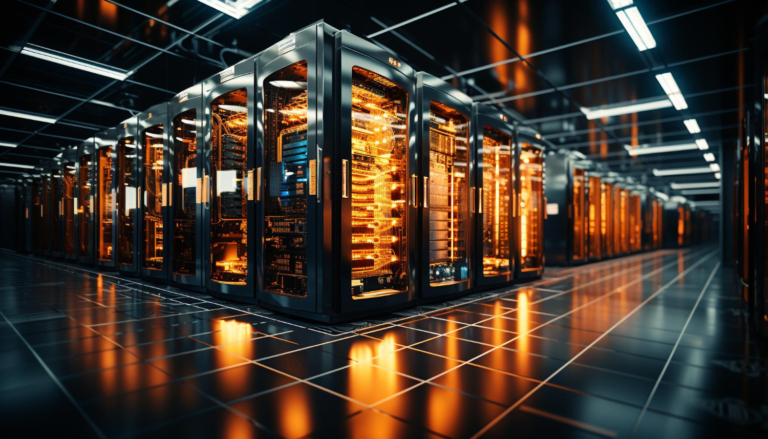
Reliable and fast hosting is crucial for ensuring a smooth shopping experience, minimizing downtime, and handling traffic spikes efficiently.
Dedicated vs. Cloud Hosting
Cloud hosting solutions like AWS, Google Cloud, Hetzner, and DigitalOcean provide scalability and flexibility. Dedicated servers offer full control and stability, making them ideal for high-traffic stores.
Resource Estimation
CPU, RAM, and storage needs depend on product count and traffic volume. Planning for future growth ensures your store can handle increased demand without slowdowns.
Proper resource allocation prevents server overload and ensures fast load times. Performance benchmarks like Time to First Byte (TTFB) help assess hosting quality and optimize performance.
Cost Comparisons
| Hosting Provider | Price Range | Best for |
| AWS EC2 | Variable | Large Enterprises |
| Hetzner | Affordable | Small to mid-sized store |
| Google Cloud | Scalable | Businesses needing flexibility |
Auto-Scaling & Redundancy
Load balancers distribute traffic efficiently across multiple servers, preventing overload. Cloud hosting supports automatic scaling, adjusting resources based on traffic spikes.
A redundant infrastructure ensures smooth performance during high-traffic periods. Hosting providers with built-in DDoS protection, firewalls, and automatic backups enhance security and uptime.
Pro Tip
Choose a provider that supports both vertical (upgrading server power) and horizontal scaling (adding more servers) to manage seasonal traffic spikes.
Load Balancing & Traffic Distribution

Load balancing prevents server overload and enhances uptime by distributing traffic evenly. Horizontal scaling adds more servers, while vertical scaling increases server capacity.
Tools like NGINX, HAProxy, and Cloudflare Load Balancer optimize traffic flow, ensuring smooth operations. For global stores, region-based load balancing improves response times for international customers.
Key Takeaway
Implementing load balancing ensures high availability and peak performance during traffic surges.
Database Optimization
Efficient database management is key to maintaining fast load times, handling large datasets, and ensuring a seamless shopping experience.
Choosing the Right Database
Reliable options like MySQL, MariaDB, and PostgreSQL ensure smooth data handling. The right choice depends on store size, query complexity, and growth plans.
Caching Solutions
Redis and Elasticsearch speed up database queries, reducing response times and enhancing the shopping experience. Proper caching eliminates redundant queries and improves efficiency.
Performance Monitoring Tools
Tools like MySQL Slow Query Log and Percona Monitoring & Management track and optimize database performance. Identifying and fixing slow queries prevents database bottlenecks.
Database Maintenance Best Practices
Regular indexing, cleanup, and automated backups keep the database running efficiently. Scheduled maintenance prevents slowdowns and ensures data integrity.
Pro Tip
Optimizing slow queries significantly boosts database performance.
Caching Mechanisms for Performance Boost

Caching solutions like Varnish, Redis, and Shopware’s built-in caching improve speed. CDNs like Cloudflare and Akamai deliver content faster globally.
Optimizing images and assets further enhances page speed. A combination of server-side and client-side caching ensures a smooth shopping experience.
Key Takeaway
A well-planned caching strategy reduces server load and speeds up page loading times.
Security & Compliance
Securing your Shopware store requires SSL certificates for encrypted transactions and DDoS protection via services like Cloudflare and AWS WAF.
Compliance with GDPR and PCI DSS builds customer trust and ensures data security. Regular security audits help identify vulnerabilities before they become threats.
Pro Tip
A Web Application Firewall (WAF) protects against cyber threats and unauthorized access attempts.
Backup & Disaster Recovery
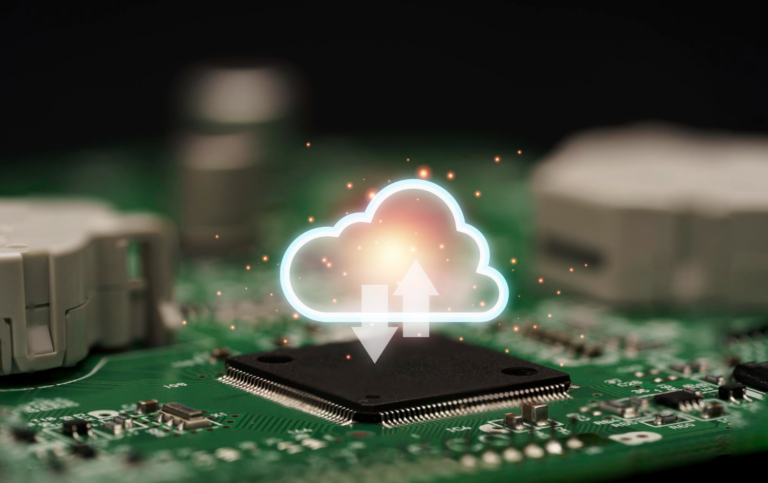
Automated daily backups prevent data loss. Offsite storage solutions like AWS S3 and Google Cloud Storage provide extra security. A well-planned failover strategy ensures uninterrupted service during unexpected downtimes.
Regular recovery testing confirms backup integrity and ensures smooth data restoration.
Key Takeaway
A solid backup strategy safeguards your data and minimizes business disruptions.
DevOps & Continuous Deployment
A well-implemented DevOps strategy streamlines development, enhances deployment efficiency and ensures a stable, high-performing Shopware environment.
Why DevOps is Essential for Shopware?
A strong DevOps approach ensures smooth deployments, reduces errors, and minimizes downtime. It enhances collaboration between development and operations teams, improving release speed and code quality.
CI/CD Pipelines & Automation
Tools like GitHub Actions, GitLab CI/CD, and Jenkins automate testing and deployment, making Shopware updates efficient. Continuous testing ensures system stability and prevents failures.
Monitoring & Log Management
Tools like New Relic, Datadog, and Prometheus monitor performance, while ELK Stack (Elasticsearch, Logstash, Kibana) simplifies log management. Real-time log analysis helps detect issues before they affect performance.
Pro Tip
Implement rolling deployments to ensure easy updates without downtime.
Integration Infrastructure
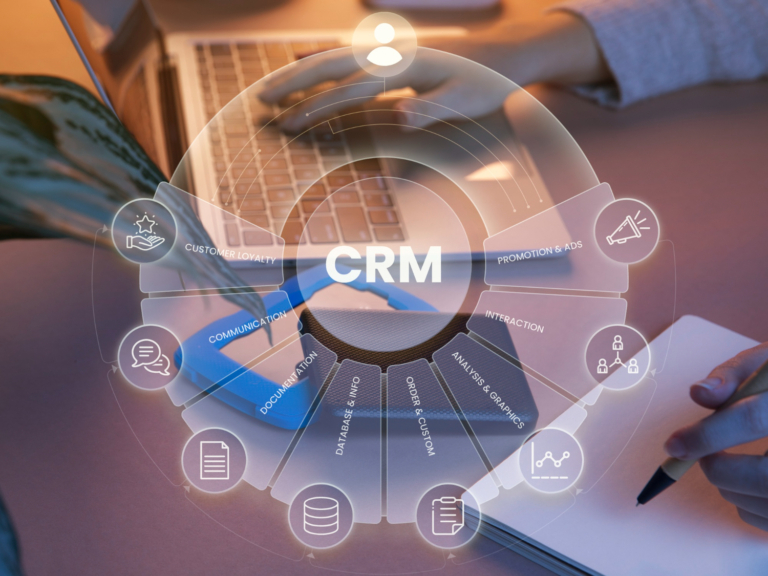
Integration of ERP, CRM, and payment systems ensures smooth operations, real-time data synchronization, and a frictionless customer experience.
ERP & CRM System Integration
Integrations enable real-time inventory management and smooth multi-platform operations. Reliable data synchronization prevents stock discrepancies.
Payment Gateway Infrastructure
A scalable and secure payment system prevents transaction failures and ensures a smooth checkout. PCI DSS compliance guarantees safe transactions and protects customer data.
Third-Party API Considerations
Implementing rate limiting and caching reduces latency and prevents API performance issues. Proper error handling ensures system stability and a smooth user experience.
Pro Tip
Optimize API calls with batch requests to reduce server load and improve response times.
Geographic Considerations & CDN Setup
Region-specific infrastructure enhances performance for different customer bases. Compliance with local data residency laws ensures legal adherence.
A well-configured CDN improves global content delivery and reduces latency. Edge caching and localized data centers boost response times for international shoppers.
Key Takeaway
A CDN improves site speed and accessibility across different geographic regions.
Conclusion
Your Shopware store’s infrastructure is more than just technology, it’s the foundation of your business success. By thoughtfully evaluating and optimizing your setup today, you create space for better growth tomorrow. Whether managed in-house or by experts like 2hats, the right infrastructure lets you focus on what truly matters: serving your customers. Partner with 2Hats to transform your technical foundation into a launchpad for sustainable growth.
FAQ
What hosting option is best for my Shopware store dedicated or cloud?
Cloud hosting (AWS, Google Cloud, Hetzner, DigitalOcean) is ideal for flexibility and scalability. However, dedicated servers are best for full control and stability, especially for high-traffic stores.
What security measures should I implement for my Shopware store?
SSL certificates, DDoS protection (Cloudflare, AWS WAF), PCI DSS compliance, and regular security audits help secure your store and customer data.
What is the role of DevOps in Shopware development?
DevOps ensures faster, error-free deployments with CI/CD pipelines (GitHub Actions, GitLab CI/CD). It also enhances monitoring and log management, improving store stability.
Table of contents

Related Articles


